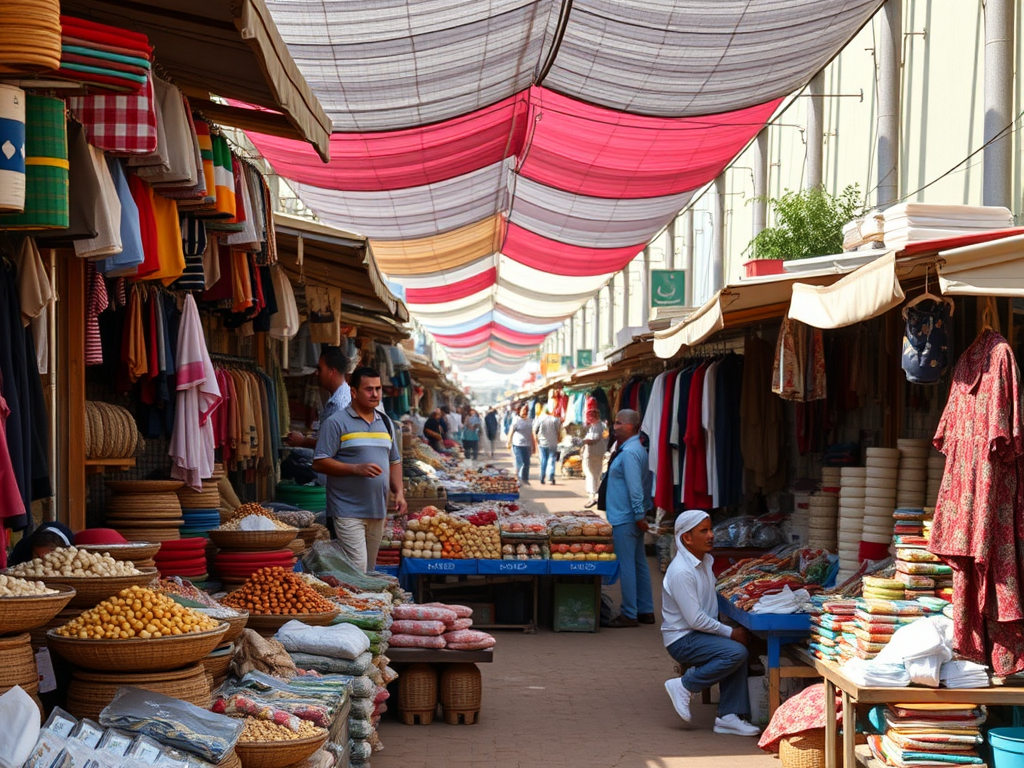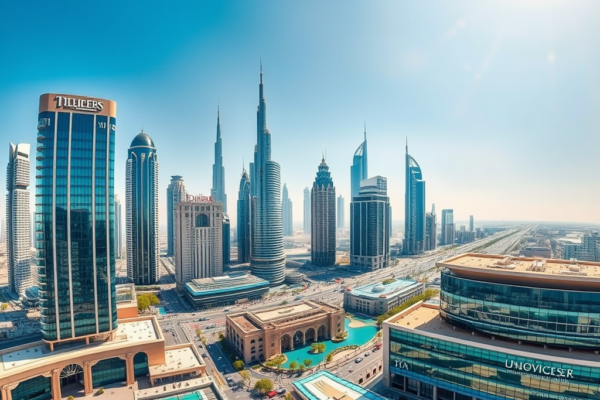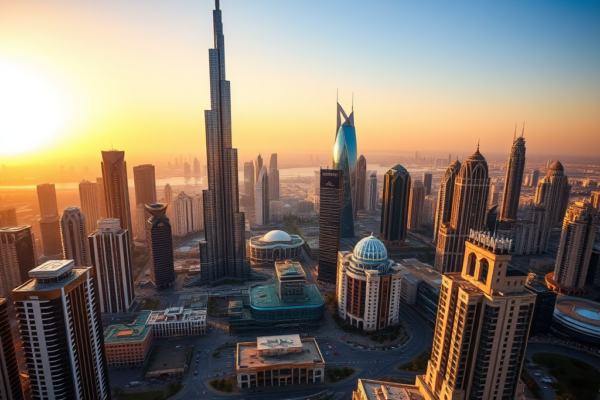Dubai’s free zones serve as a beacon for companies looking to capitalize on the city’s strategic location and business-friendly environment. These zones are designed to facilitate trade, attract foreign investment, and foster economic growth. By providing essential incentives—such as 100% foreign ownership, tax exemptions, and simplified processes—they have become attractive for businesses across various sectors. As global trade dynamics evolve, understanding these free zones and their impact on trade becomes essential for entrepreneurs and investors alike. Without a doubt, Dubai’s free zones play an instrumental role in defining not only the emirate’s economic landscape but also its connectivity with global markets.
What Are Free Zones?

Free zones are specialized areas where businesses can operate with notably fewer regulatory hurdles than in traditional markets. Unlike typical trade environments, free zones offer unique benefits tailored for trade and investment. Companies positioned within these zones enjoy customs duty exemptions, streamlined import/export processes, and a range of other supports. Additionally, the regulations governing these areas are designed to stimulate growth and attract a diverse array of businesses. From technology firms to manufacturing industries, free zones cater to numerous sectors, making them vital contributors to Dubai’s diversified economy.
Types of Free Zones in Dubai

Dubai is home to a variety of free zones, each targeting specific industries and sectors to create unique business clusters. This strategic approach to development encourages specialization and collaboration among businesses. Here are a few notable free zones:
- Dubai Multi Commodities Centre (DMCC): Focuses on commodity trading, making it a hub for gold, diamonds, and other valuable resources.
- Dubai Silicon Oasis: A technology park dedicated to fostering innovation in IT and telecommunications.
- Dubai International Financial Centre (DIFC): Tailored for financial services, it has its own regulatory framework that attracts global banks and firms.
Benefits of Operating in Free Zones
Setting up a business in one of Dubai’s free zones comes with several advantages that enhance operational efficiency and profitability. Among the key benefits are:
- 100% Foreign Ownership: Entrepreneurs can fully own their business without the requirement of a local partner.
- Tax Exemptions: Most free zones offer significant tax incentives, including corporate tax exemptions for a defined period.
- Simplified Import/Export Processes: Streamlined customs and regulatory procedures make trading hassle-free.
Regulations and Compliance in Free Zones
While the advantages of free zones are considerable, it’s important to understand the governance and compliance requirements that come with operating in these regions. Businesses must navigate various regulations, such as obtaining appropriate licenses and adhering to operational guidelines specific to each zone. Failure to comply can lead to legal complications and disrupt business operations. This regulatory landscape is designed to ensure businesses align with Dubai’s broader economic goals while benefiting from the unique advantages of being in a free zone.
The Impact of Free Zones on Trade in Dubai
Free zones have significantly influenced trade in Dubai, shaping its economy and global connections. Their impact can be seen in several critical areas:
| Aspect | Impact |
|---|---|
| Economic Growth | Free zones attract foreign direct investment (FDI) and encourage economic diversification. |
| Job Creation | They generate both direct and indirect employment opportunities, enhancing local job markets. |
| Global Connectivity | Reduced barriers to entry allow businesses to connect with global markets more easily. |
Challenges Faced by Free Zone Businesses
Despite their numerous advantages, businesses in free zones are not without challenges. Issues such as increased competition, market saturation, and evolving regulatory landscapes can pose threats. Additionally, businesses may face difficulties adapting to changing market demands and operational standards. Understanding these challenges is essential for long-term success, requiring entrepreneurs to remain agile and informed. As they navigate these hurdles, businesses must strategically leverage the advantages free zones provide while addressing their unique challenges.
Conclusion
Dubai’s free zones hold immense potential for businesses seeking to thrive in a competitive global environment. By understanding their structure, benefits, and impact on trade, entrepreneurs can effectively position themselves for success. The distinct advantages offered by free zones, such as tax incentives and simplified processes, make them an attractive choice for many. As Dubai continues to evolve as a leading global trade hub, the role of these free zones will only become more significant.
Frequently Asked Questions
- What is the main purpose of Dubai’s free zones? The main purpose is to boost trade by providing a business-friendly environment with beneficial regulations.
- Are there any restrictions on the type of business that can be set up in a free zone? Yes, each free zone specializes in different industries, so businesses must operate within those guidelines.
- How long do the tax exemptions last in free zones? Tax exemptions typically last for 15-50 years, with the possibility of renewal.
- Can businesses in free zones trade with the local UAE market? While they can trade with the local market, it usually requires a local distributor or partner for mainland operations.
- Are free zones beneficial for foreign investors? Yes, they provide 100% ownership, tax benefits, and ease of conducting business, making them attractive to foreign investors.




